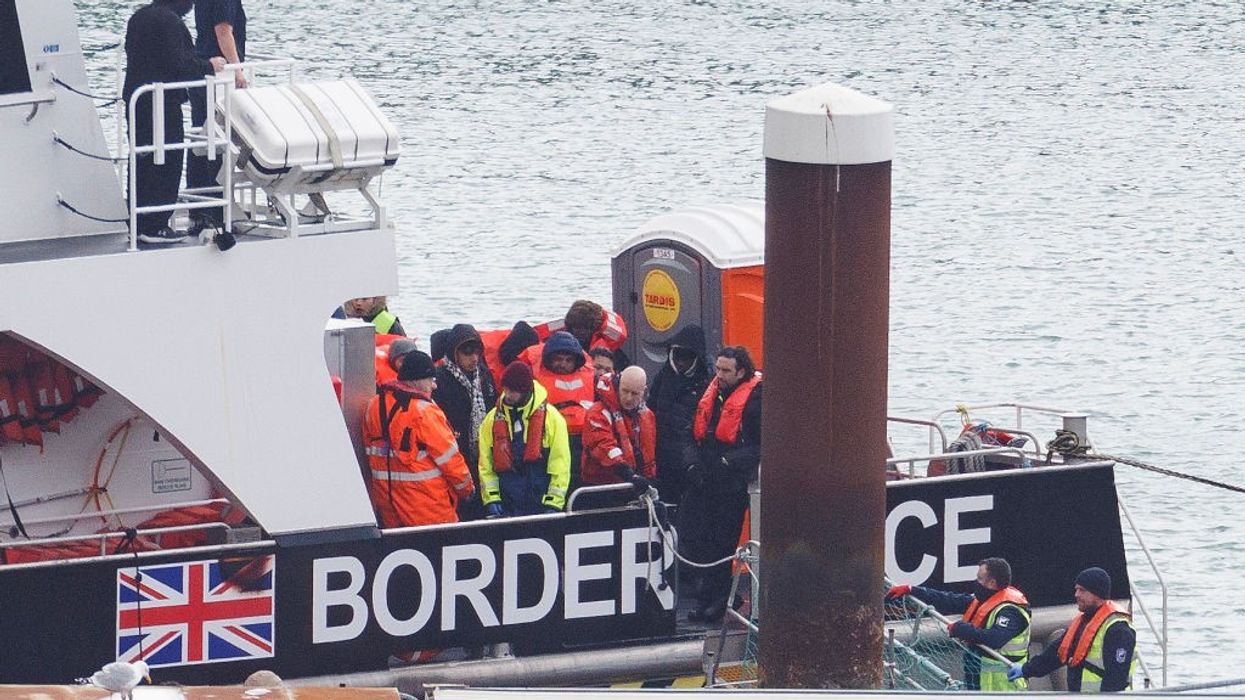THE government's decision to reduce the use of hotels to house asylum seekers by moving them to sites such as military bases will end up costing taxpayers more money, parliament's spending watchdog said on Wednesday (20).
Thousands of asylum seekers arrive on England's southern coast in small, inflatable boats every year and ministers have argued using hotels is unsustainable, with the cost of processing and housing asylum seekers rising to £3 billion ($3.66bn) annually.
Some politicians have also complained the policy of using hotels has hurt tourism and inflamed local tensions.
The Tory government last year said it would save money by moving asylum seekers out of costly hotels to repurposed military bases, student accommodation, and a barge while they had their claims considered.
However, the National Audit Office (NAO) said while the government originally assessed that the four new sites would save £94 million ($119m), the latest estimates suggest they will cost £46m more than using hotels.
This was partly because the government underestimated the cost of setting up the new sites, the spending watchdog said. The original estimates for changing the purpose of two former military bases were £5m each, but they increased to £49m for one and £27m for the other.
The NAO said the final cost for establishing and running the new facilities is expected to rise to £1.2bn by 2034.
A government spokesperson said the reduction in the use of hotels had benefits including minimising the impact on local communities.
The opposition Labour Party called the NAO's report "staggering".
"(The government) is already paying out eye-watering sums on asylum hotels and now it turns out the sites they promised would save money are costing the taxpayer even more", Labour said in a statement.
So far the government has spent £230m on building the four sites that currently house 900 asylum seekers, according to the NAO.
The policy of using a barge and military bases has been controversial, with human rights campaigners comparing the barge to a prison ship.
Prime minister Rishi Sunak has said the government needs to take a tougher approach to stopping the arrival of asylum seekers and is trying to revive a plan to send them to Rwanda.
No one has been deported so far because of ongoing legal challenges.
(Reuters)





